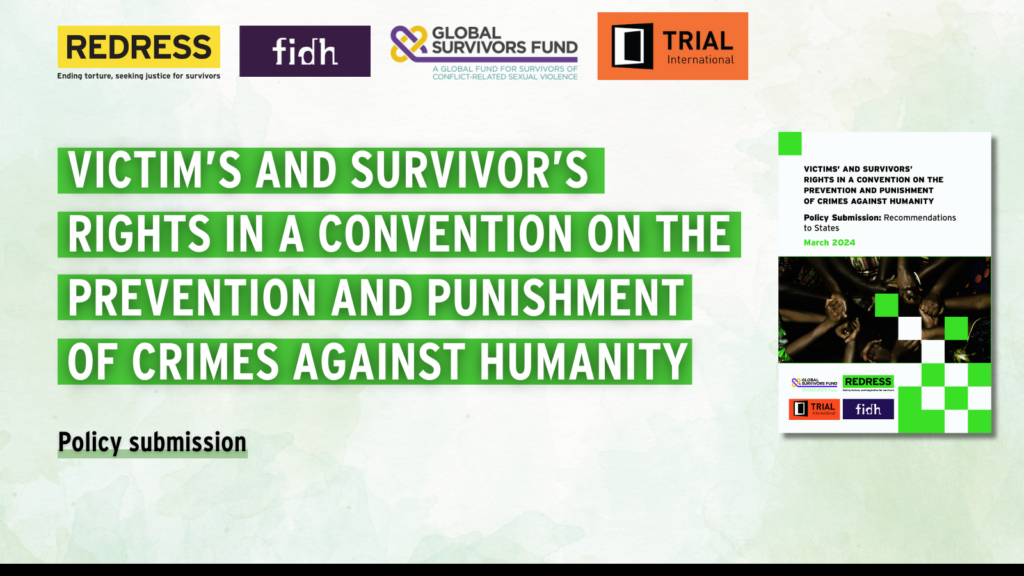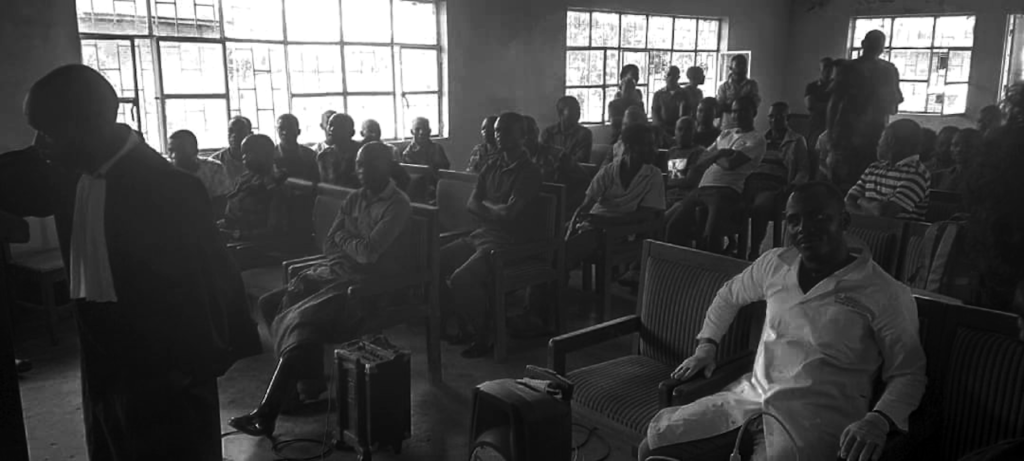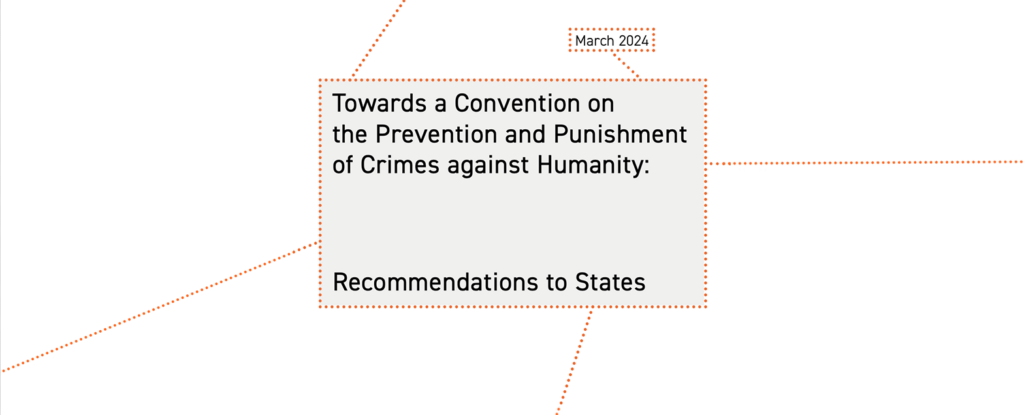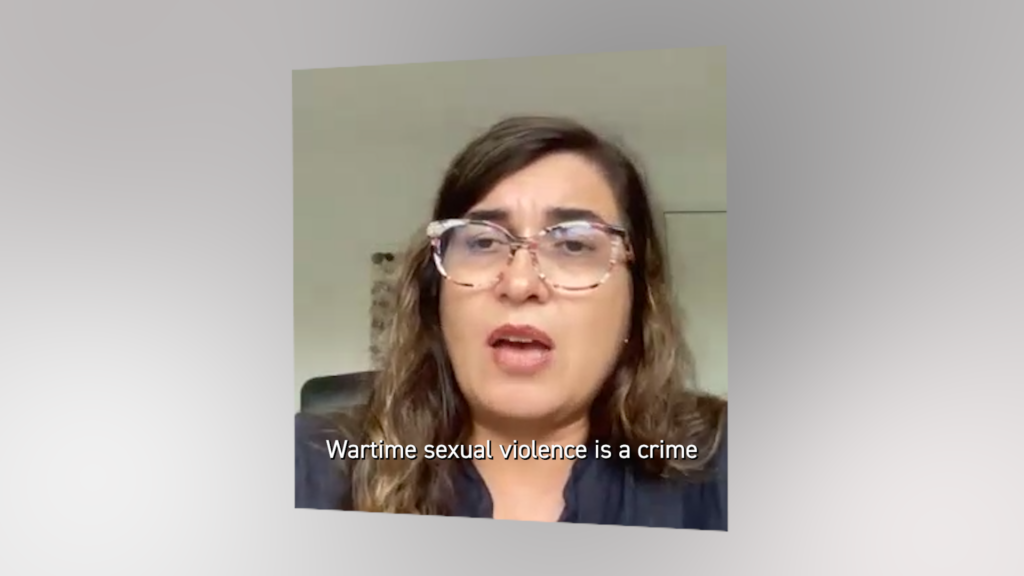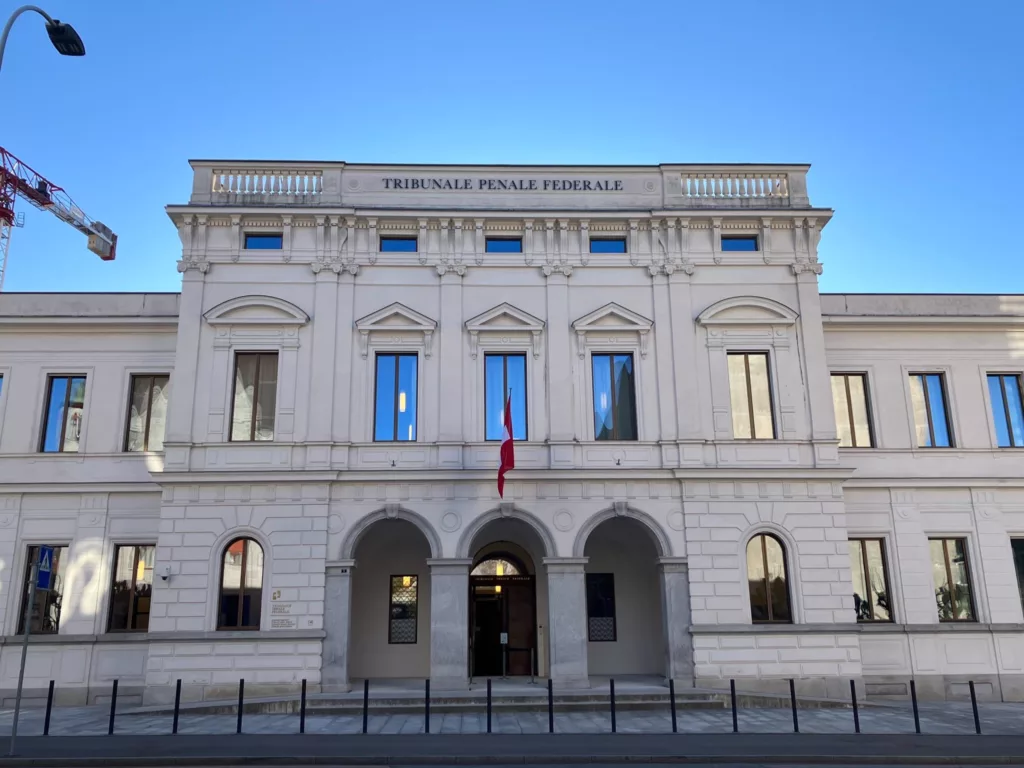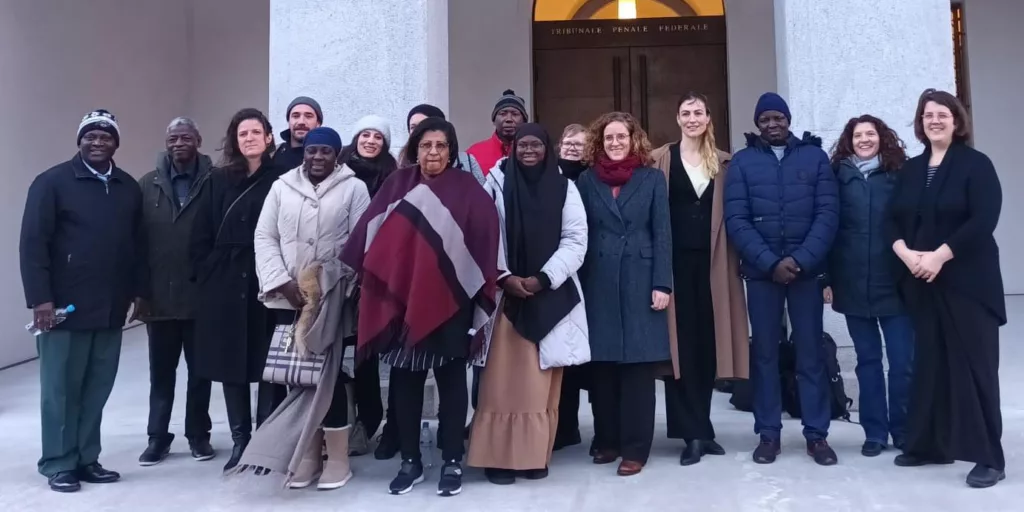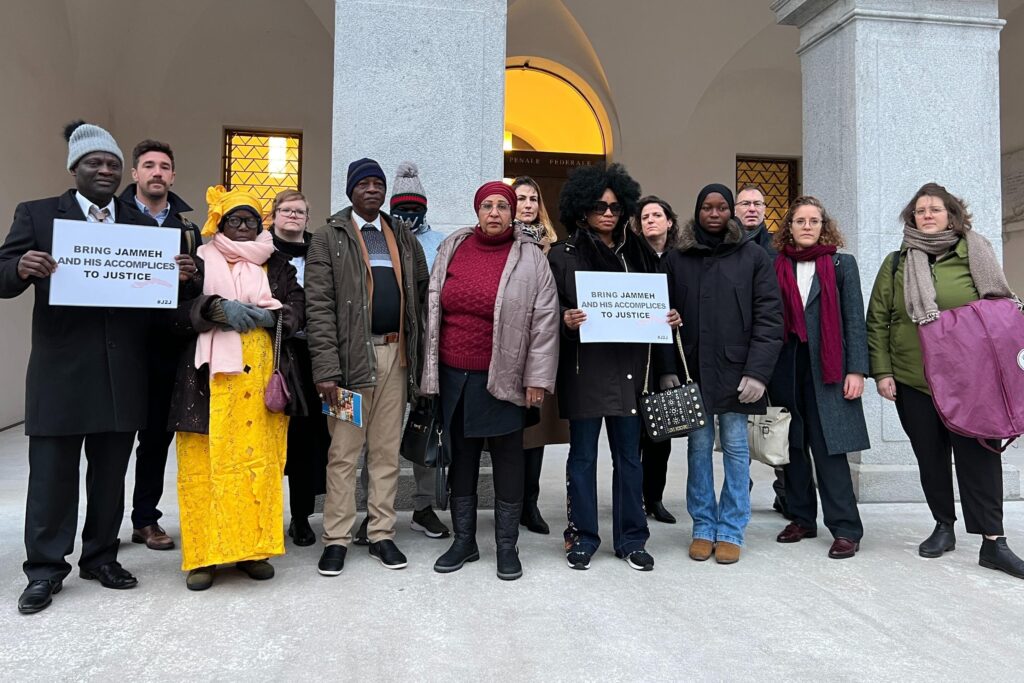Crisis in Burundi: justice is still achievable!
An op-ed by Pamela Capizzi
Withdrawal from the International Criminal Court, refusal to collaborate with the UN, political isolation… Burundi seems to be turning its back on every institution capable of bringing justice to its oppressed population. But Pamela Capizzi, Burundi expert at TRIAL International, believes that justice remains within reach if everybody plays their part.

Despite Burundi’s growing political isolation, victims of atrocities can file complaints to other regional or international bodies to obtain justice. © Landry Nshimiye
“TRIAL International has been working on Burundi since 2011. In accordance with its principles, our organization sought for a long time to litigate its cases domestically, in order to be as close as possible to the victims it defended.
Unfortunately, it has become obvious that the Burundian judiciary is plagued with numerous and deep dysfunctions. The current crisis, which has started in 2015, has only worsened this situation. Files have been “lost”, effective investigations were never initiated, and decisions to free political opponents have simply been ignored.
In the face of this bleak picture, should we abandon all hopes of justice? I do not believe so. Other avenues are available to the victims we support.”
Regional and international bodies
“Without doubt, the most promising possibility is the ongoing investigation by the International Criminal Court (ICC). Opened in 2017, it focuses on alleged crimes against humanity committed between April 2015 and October 2017. However, under certain conditions, the investigation could be broadened to other crimes and/or a more extended period.
The limit of this solution is that impunity is a generalized phenomenon in Burundi, and the ICC cannot solve it alone. Its action is limited to the prosecution of those bearing the greatest responsibility for the committed atrocities, and not all the actors involved in their commission.
Other, so-called “quasi-judicial” mechanisms exist at the regional and international level. Unlike the ICC, they do not focus on trying individuals but the Burundian State itself.
The most relevant bodies in this case are the African Commission on Human and Peoples’ Rights, and the UN Committee Against Torture. But the weakness of these mechanisms lies in the non-binding nature of their decisions. At the end of the day, the State is responsible for their enactment. An unlikely outcome, given the growing isolation of Burundi on the international scene, and the proven partiality of its judiciary.”
Prosecutions abroad made possible by universal jurisdiction
“So, could the solution lie with the States themselves? Thanks to the principle of universal jurisdiction, several countries have the legal set-up to prosecute suspects of international crimes, regardless of where they were committed. Therefore, Burundian criminals could be brought to justice as far afield as in Switzerland, South Africa or Canada.
Universal jurisdiction has demonstrated its efficiency, but it is not foolproof and several conditions must be fulfilled for its application. It remains, to this day, an innovative way to justice that has been little-explored – or not at all – in the context of Burundi.”
A single necessity remains: documenting the crimes today
“Given the limitations of each of the aforementioned mechanisms, rigorous and independent documentation of ongoing crimes is paramount. That’s why TRIAL International calls for the extension of the Commission of inquiry’s mandate.
Documenting crimes will allow, when the time comes, to prosecute the perpetrators – including by other means than the ones we can envisage today. Only then can the rule of law prevail in Burundi, and future crises be prevented.”
Pamela Capizzi, Legal Advisor

